More than five months have now passed since the January 6 protests, and the prosecution of hundreds of protesters in dozens of criminal cases filed in the District Court for the District of Columbia are well underway.
Like many legal commentators on the conservative side, I expressed some reservations early on with regard to the stridency with which early criminal complaints filed in connection with some of the prosecutions described the events of January 6. The description of events seemed unnecessarily hyperbolic in some respects, and such hyperbole seemed to set an unusually high bar for the presentation of evidence to meet the charges alleged.
After initial detention hearings where the government won in almost every instance, further review by the courts in later proceedings — when more evidence was available for review — caused some judges to reconsider their previous detention orders. The basic problem was the evidence the government could actually submit didn’t measure up to the evidentiary “proffers” that prosecutors had initially made to the Courts when bail was first being considered.
Now, most of the early discovery disputes are being resolved in one fashion or another, and the actual evidence which the government has with regard to the indicted defendants is making its way into the hands of the defense attorneys.
But even in the few cases where the government has substantial evidence — and I predict this is going to be a very small fraction of the number of cases filed — the nature of the charges that can be sustained on the evidence DOJ has will leave a public anticipating long prison sentences based on “insurrection” or “incitement” terribly disappointed in the likely outcomes.
Before I explain the shortcomings and reasons for disappointment in the charges for which some defendants might be found guilty, there is one key point that needs to be understood.
The United States criminal justice system is designed to address the criminality of individuals for their specific actions — it is not a system that attaches collective criminality to a group where the worst bad actor and the least bad actor end up with similar outcomes. Guilt and sentencing are individualized determinations meant to be unique to each charged defendant.
In this article and a couple to follow, I want to point out some of the deficiencies in the statutes that have been charged in most of the cases filed to date, and why the outcome of those cases — even if defendants are guilty — will lead to some real questions about whether the decision to call January 6 an “assault on democracy” and an “existential threat” to our country was really worth the trauma.
Among the most commonly charged offense
1. 18 U.S.C. Sec. 1752(a)(1) — Entering and Remaining in a Restricted Building.
For lack of a better description, this is a federal “trespassing” statute. It is a misdemeanor punishable by up to only one year in prison unless the person used or carried a dangerous or deadly weapon. Because it is a misdemeanor, the Sentencing Guidelines do not apply, so a federal judge at sentencing can choose any term of days or months from 0 to 365. I expect most sentences will be “time served” for anyone held in pretrial detention, followed by a one-year term of supervised release — a form of federal probation.
The bigger problem with this statute is that, by its own terms, it only applies to “posted, cordoned off, or otherwise restricted area of the White House or its grounds, or the Vice President’s official residence or its grounds; or of a building or grounds where the President or other person protected by the Secret Service is or will be temporarily visiting.”
This is not a “trespassing” statute that applies to all federal buildings generally — only buildings or grounds secured by the Secret Service. The Capitol on January 6 qualified as such, but ONLY during the period up to the departure from the Capitol of the Vice President. So there is a timing issue with regard to when defendants were present inside the Capitol or in a cordoned-off area of the Capitol grounds.
2. 18 U.S.C. Section 1752(a)(2) — Disorderly or Disruptive Conduct in a Restricted Building
This is another provision of the same statute, and it is also a misdemeanor if there was no dangerous or deadly weapon possessed — punishable by up to one year in prison. This statute also only applies while the Vice-President was in the Capitol, and not after he left.
A problem that is starting to be addressed in this statute is that the “disorderly or disruptive conduct” must have been engaged in “within such proximity to, any restricted building or grounds when, or so that, such conduct, in fact, impedes or disrupts the orderly conduct of Government business or official functions.”
Defense attorneys are beginning to raise the question of what exactly was happening inside the Capitol on January 6 — a ceremonial event or “official” business/functions of the Congress.
Some legal commentators, including myself, questioned the process of “counting” electoral votes on January 6.
The meeting of Congress on January 6 is required by statute — 3 U.S.C. Sec 15, referred to as the “Electoral Count Act.” Pursuant to that statute, the President of the Senate — the Vice President — shall open and announce the vote of each state’s electors of the Electoral College. It also establishes a mechanism for the filing of “objections” by Members of the House and Senate to the counting of any state’s electors as announced.
But the statute alters the process adopted in the 12th Amendment to the Constitution — something a statute cannot do. The 12th Amendment only provides that the President of the Senate shall open the certificates and the votes shall be counted. It confers no power on Congress to adjust or reject the vote count as cast by the electors. Thus, the opening of the certificates and counting of votes is merely a ministerial act, not a substantive one. The outcome of the election will be the same whether the ceremonial opening of the certificates takes place or not.
If Congress is meeting for purely ceremonial purposes, a question arises as to whether the January 6 protesters were disrupting any actual “government business or official function” as contemplated by the statute.
I’ll return to this topic and examine the remainder of the statutes that are being commonly charged in articles later this week.
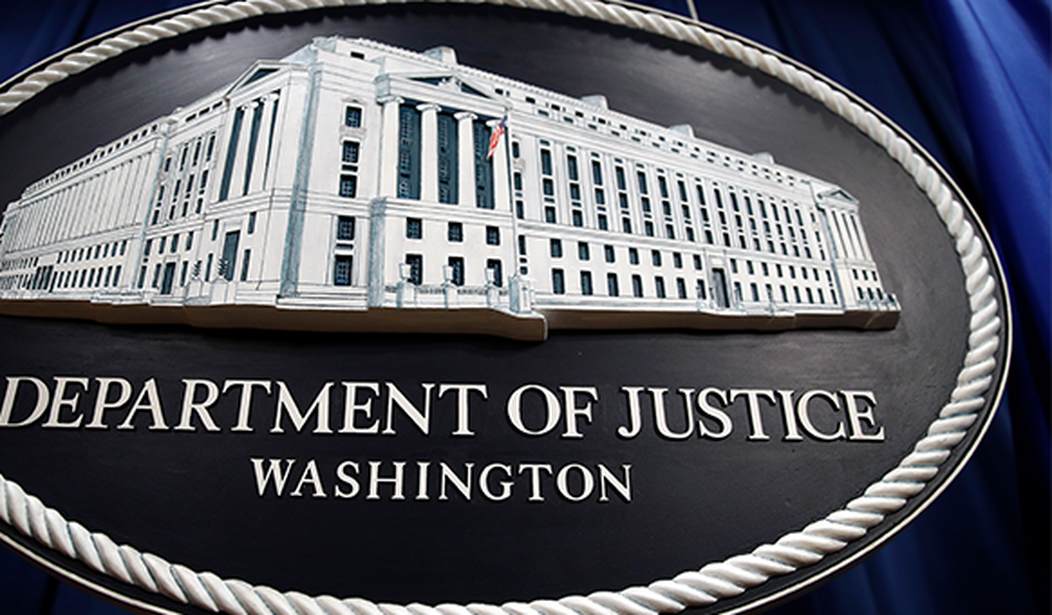

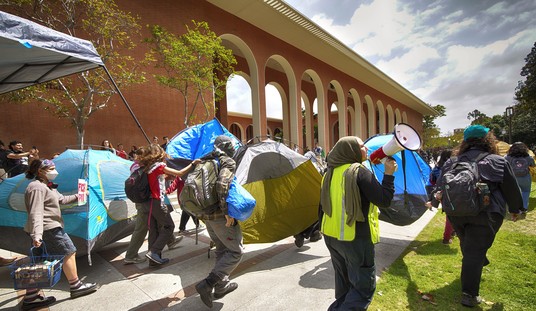






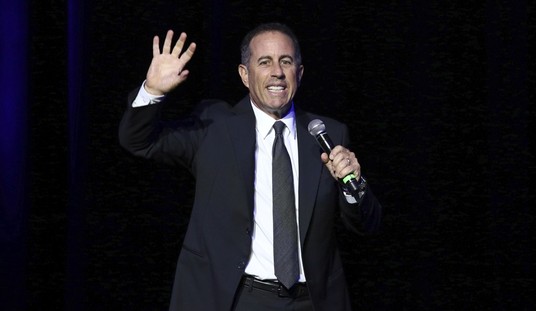
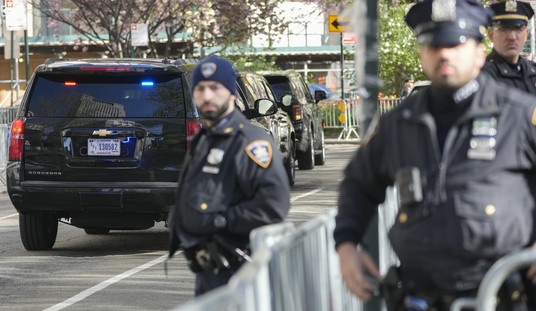

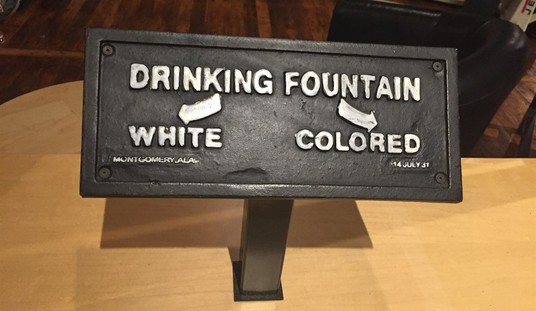
Join the conversation as a VIP Member